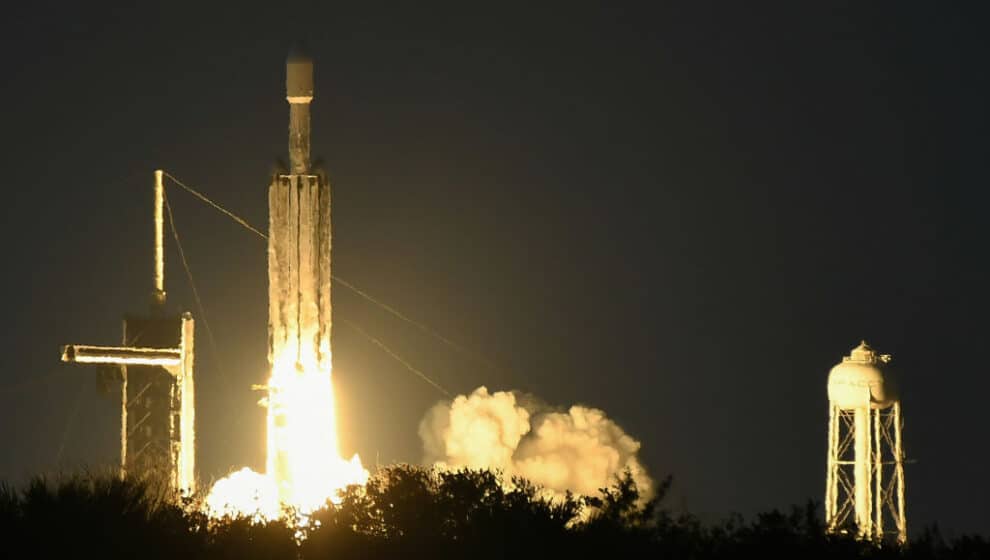NASA continues to roll out new public-private partnerships, including a new contract with SpaceX for payload processing.
Key Details
- In a Friday press release, NASA revealed that several companies have been contracted for a 10-year period for commercial payload processing services.
- The companies include SpaceX, LLC of Titusville, Florida, and Astrotech Space Operations—a division of Lockheed Martin.
- NASA says it will issue task orders for private firms to perform prelaunch processing of spacecraft and flight hardware before the payload is delivered to the launch pad.
- The 10-year contract will last from February 2023 to February 2033. It will pay up to $100 million, allowing the companies to propose new support facilities at Kennedy Space Center in Florida to support launch operations.
Why It’s News
As we’ve previously reported, NASA has made public-private partnerships a significant factor as it ramped up production on the Artemis Program, since it was announced in 2017. NASA has always relied upon private contracts with innovative aerospace companies like Lockheed Martin and Boeing, which helped the company build its first generation of rockets during the space race of the 1960s. The organization has doubled down on these efforts though.
The launch of Artemis I was just the first step of an expansive private space industry that is set to commercialize space over the next decade and path the way for a moon landing and a Mars landing. It has opened the door for hundreds of companies to offer support and technical roles in the coming decade. The expectation is that private space is going to eclipse NASA well before the end of the decade.
Delays and cost overruns have ballooned the price tag of Artemis launches to $4.1 billion per launch. The need to recycle equipment for the launch of Artemis II in late 2024 is liable to delay the planned moon landings until 2028 or later.
The political compromises surrounding the Artemis Program’s creation have given private space a chance to leap far beyond its competitors. SpaceX has already leaped a generation ahead of NASA with reusable rockets and heavy-lifting vehicles, diminishing the price per launch from billions of dollars to millions of dollars.
Other companies like Relativity Space, ABL Space Systems, and Blue Origin are building reusable rocket systems that will allow for competitive access to Earth’s orbit to rival NASA. SpaceX alone celebrated launching 60 rockets last year and is preparing for the maiden launch of its revolutionary Starship heavy-lifting vehicle, which will eclipse NASA’s Space Launch System as the most powerful rocket ever built.
